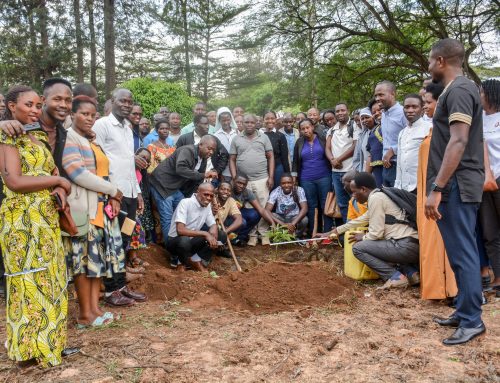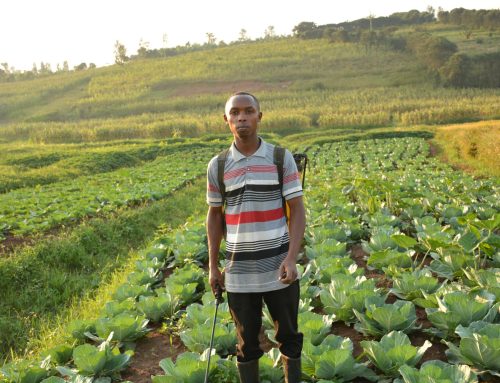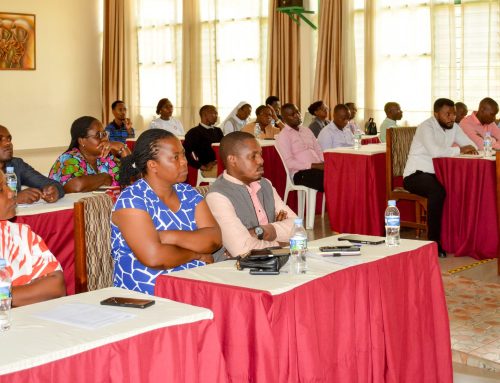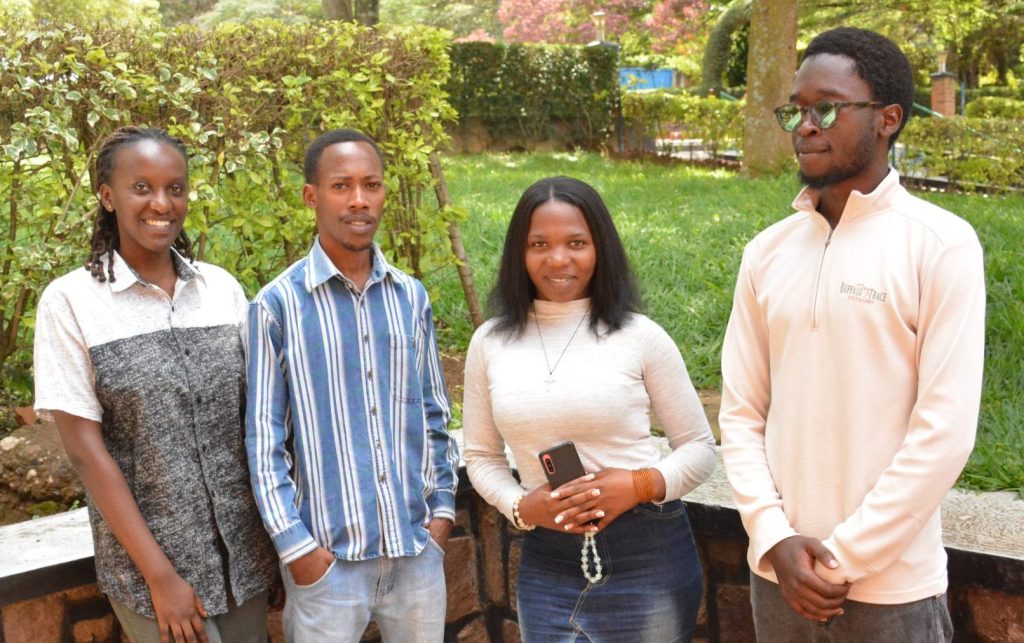
At Jesuit Urumuri Centre (JUC), the ongoing social innovation and entrepreneurship training dubbed the youth empowerment program is making a lasting impact on young aspiring entrepreneurs, equipping them with the skills, mindset, and confidence needed to build meaningful and sustainable livelihoods. Now in full swing, the program continues to bring together determined youth ready to shape their futures through creativity, hard work, and social responsibility.
This 5th cohort—like the ones before—is receiving intensive training in core areas such as business planning, financial literacy, leadership and marketing. The holistic approach focuses not only on technical knowledge but also on personal growth, character development, and spiritual grounding.
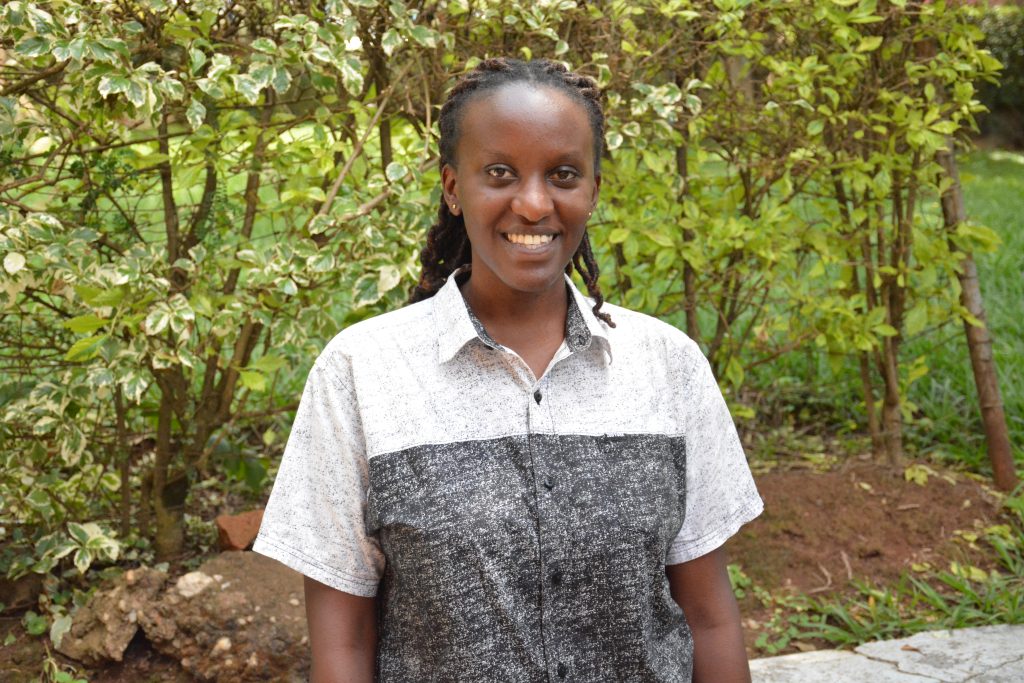 “When I arrived at JUC, I didn’t fully understand myself and so the self-discovery module helped me identify my calling. Here at our Jesuit Centre, we incorporate God and prayer into all we do, and I’ve learned that I can’t build my project alone—I need my colleagues. Our mentor is guiding us beyond just business ideas to practical action,” — Bella Berthe Gatete Uwase, Beetroot Farming & Products.
“When I arrived at JUC, I didn’t fully understand myself and so the self-discovery module helped me identify my calling. Here at our Jesuit Centre, we incorporate God and prayer into all we do, and I’ve learned that I can’t build my project alone—I need my colleagues. Our mentor is guiding us beyond just business ideas to practical action,” — Bella Berthe Gatete Uwase, Beetroot Farming & Products.
Each day blends theory with hands-on learning, encouraging participants to apply knowledge immediately. The interactive sessions foster collaboration and idea-sharing—creating a vibrant learning environment.
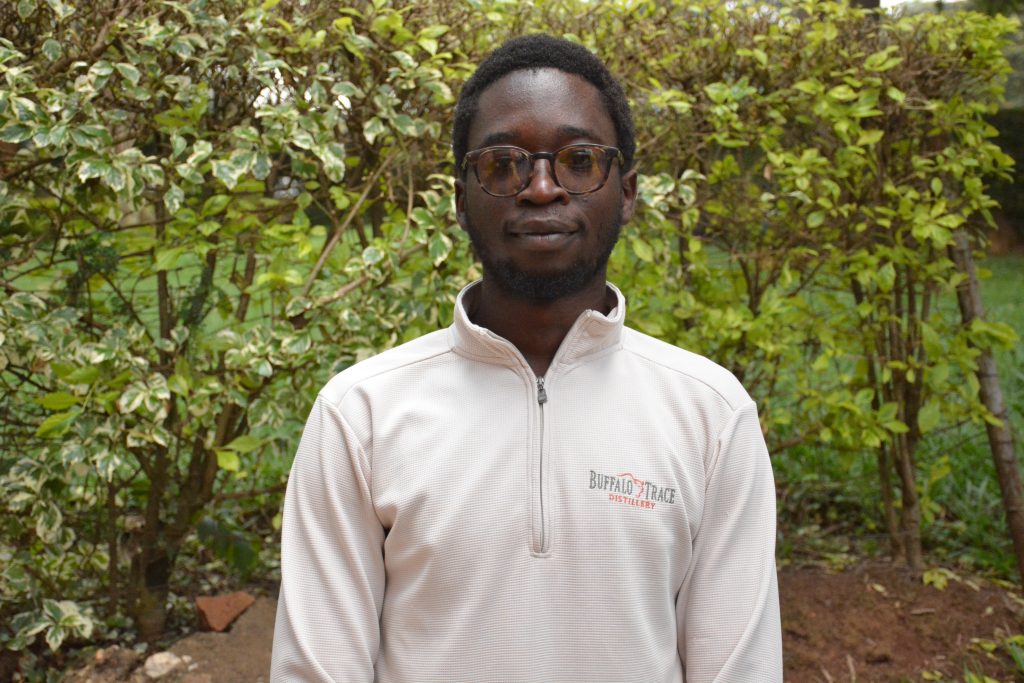 “I had a business idea when I joined, but five weeks in, I’ve learned so much—especially through assignments and fieldwork. I originally wanted to raise Rwandan chickens, but now I realize they’re less profitable because of slow egg production, I learnt all this here.” — Benoit Mugenga, Poultry Farming.
“I had a business idea when I joined, but five weeks in, I’ve learned so much—especially through assignments and fieldwork. I originally wanted to raise Rwandan chickens, but now I realize they’re less profitable because of slow egg production, I learnt all this here.” — Benoit Mugenga, Poultry Farming.
One of the critical lessons beneficiaries have gained is understanding their target customer—a concept that opens their eyes to the importance of strategic planning and market research in building a sustainable enterprise.
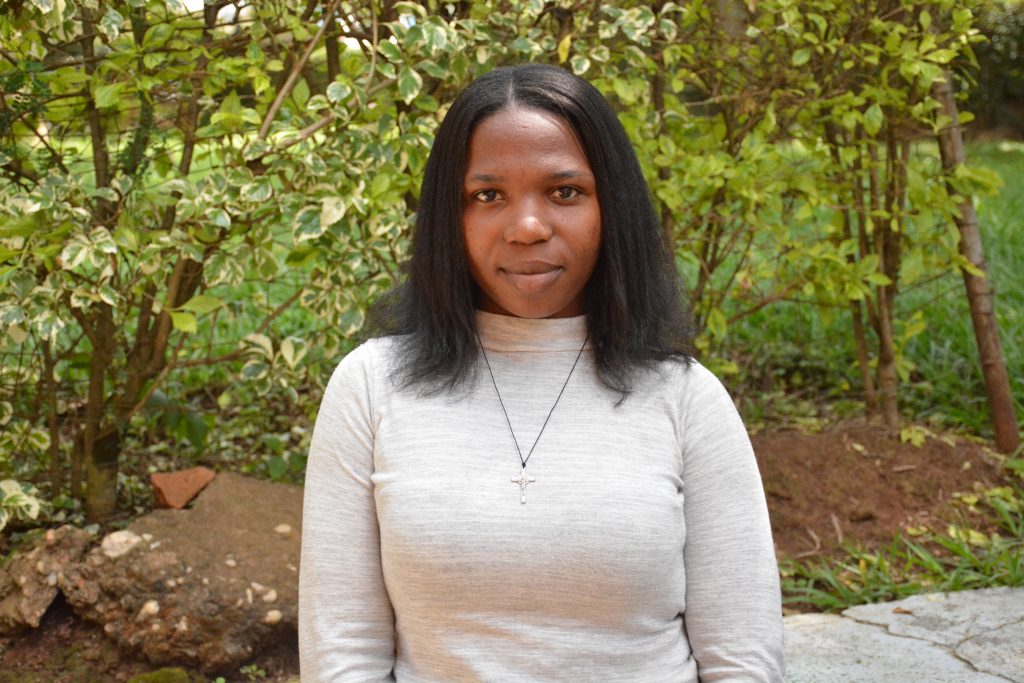 “Before training, I hadn’t thought about ‘target customers.’ I planned to just cook and deliver. But after the market research assignment, I now know exactly who to focus on. I’m grateful my mind has been opened,” — Dative Murebwayire, Food Service Company.
“Before training, I hadn’t thought about ‘target customers.’ I planned to just cook and deliver. But after the market research assignment, I now know exactly who to focus on. I’m grateful my mind has been opened,” — Dative Murebwayire, Food Service Company.
A key strength of the training is its focus on practical tools that bring clarity and structure to business ideas. One such tool is the Business Model Canvas (BMC)—a powerful framework that helps participants map out how their businesses create, deliver, and capture value. For the youth, it became a turning point in understanding how to move from concept to action.
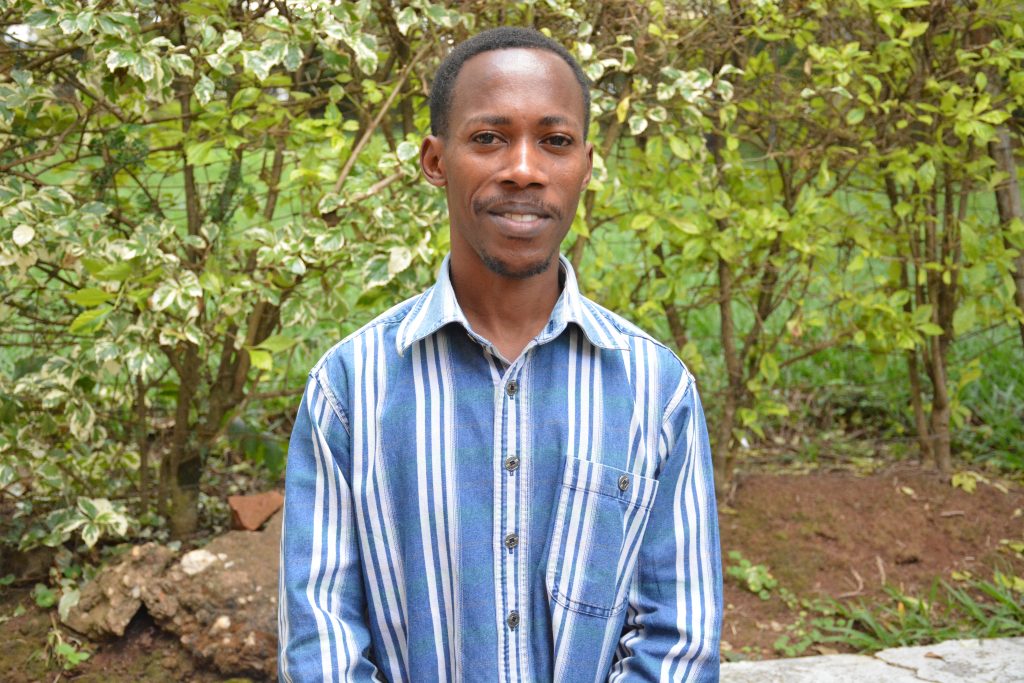 “I’m especially grateful for the BMC—the Business Model Canvas. I’d seen it before in other institutions, but at JUC I learned how to actually apply it to my idea. I now know how to find partners and grow my customer base,” — Boris Tuyisenge, Poultry Farming.
“I’m especially grateful for the BMC—the Business Model Canvas. I’d seen it before in other institutions, but at JUC I learned how to actually apply it to my idea. I now know how to find partners and grow my customer base,” — Boris Tuyisenge, Poultry Farming.
As the training progresses, JUC remains committed to walking alongside these future CEOs—helping them transform ideas into impact. Through this initiative, JUC reaffirms its mission to build a generation of innovative, resilient, and hopeful changemakers.
Henriette Mushimyimana
JUC Communications Officer






